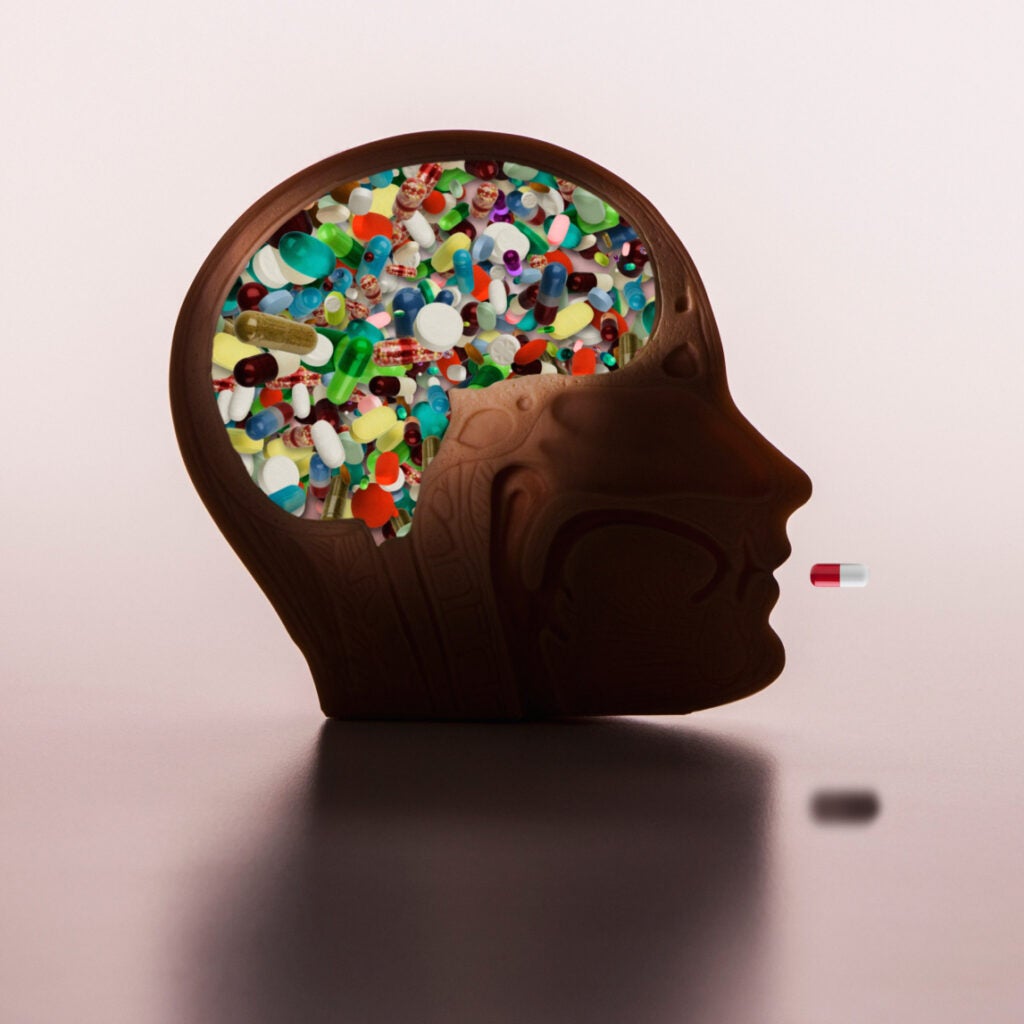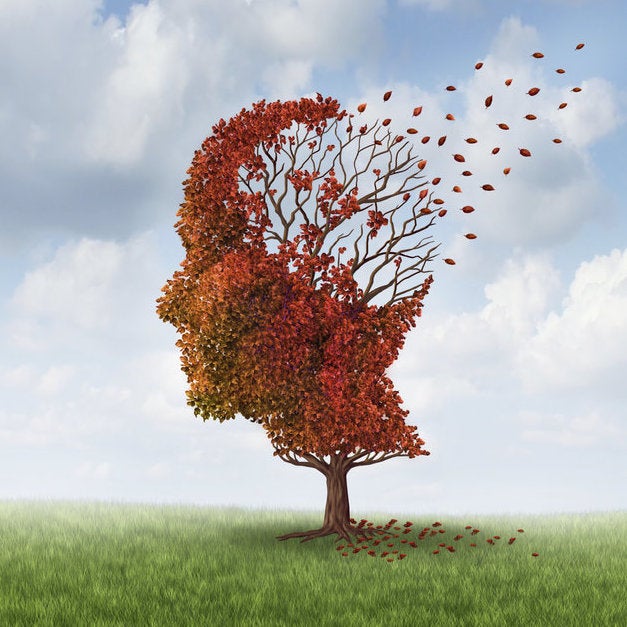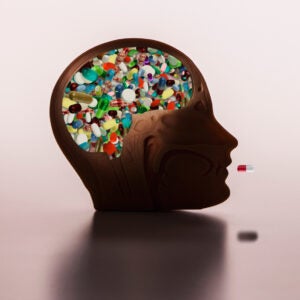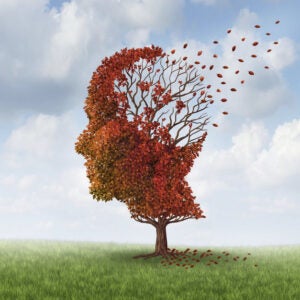
THE ADDICTIVE BRAIN
Addiction touches us all. Whether it’s a friend who can’t quit smoking, a colleague afflicted with alcoholism, or a relative abusing prescription drugs, we all know someone who suffers from some form of addiction—we may even have an addiction ourselves. By some estimates, roughly one in four Americans might be considered addicts. On the other hand, many of us use substances such as alcohol recreationally, without suffering the physical or psychological symptoms of addiction. So what is the difference between drug use, abuse, and clinical addiction? What causes addictions? What happens when your brain is on drugs, and why do addicts behave the way they do?

THE AGING BRAIN
Aging is associated with subtle declines in some cognitive abilities, but not others. As we age, we become a little more forgetful, we get distracted more easily, and we can’t process information quite as quickly as we once did. We also become more susceptible to certain brain diseases, such as Alzheimer’s dementia and stroke. At the same time however, our knowledge, our memory of cognitive skills, our emotional processing, and many other aspects of mental life tend to remain stable or even improve with age. Why is that? And is there anything we can do to help our brains age more gracefully? This course answers these questions, and many others, by explaining what happens to our brains as we age, and by discussing approaches to keeping our minds and brains healthy as we get older.

THE LEARNING BRAIN
One of the most complicated and advanced computers on Earth can’t be purchased in any store. This astonishing device, responsible for storing and retrieving vast quantities of information that can be accessed at a moment’s notice, is the human brain. How does such a dynamic and powerful machine make memories, learn a language, and remember how to drive a car? What habits can we adopt to learn more effectively throughout our lives? And how do factors like traumatic injuries, stress, and mood affect our grey matter? The answers to these questions are merely the tip of the iceberg in The Learning Brain.

THE ADDICTIVE BRAIN Addiction touches us all. Whether it’s a friend who can’t quit smoking, a colleague afflicted with alcoholism, or a relative abusing prescription drugs, we all know someone who suffers from some form of addiction—we may even have an addiction ourselves. By some estimates, roughly one in four Americans might be considered addicts. On the other hand, many of us use substances such as alcohol recreationally, without suffering the physical or psychological symptoms of addiction. So what is the difference between drug use, abuse, and clinical addiction? What causes addictions? What happens when your brain is on drugs, and why do addicts behave the way they do? Learn More

THE AGING BRAIN Aging is associated with subtle declines in some cognitive abilities, but not others. As we age, we become a little more forgetful, we get distracted more easily, and we can’t process information quite as quickly as we once did. We also become more susceptible to certain brain diseases, such as Alzheimer’s dementia and stroke. At the same time however, our knowledge, our memory of cognitive skills, our emotional processing, and many other aspects of mental life tend to remain stable or even improve with age. Why is that? And is there anything we can do to help our brains age more gracefully? This course answers these questions, and many others, by explaining what happens to our brains as we age, and by discussing approaches to keeping our minds and brains healthy as we get older. Learn More

THE LEARNING BRAIN One of the most complicated and advanced computers on Earth can’t be purchased in any store. This astonishing device, responsible for storing and retrieving vast quantities of information that can be accessed at a moment’s notice, is the human brain. How does such a dynamic and powerful machine make memories, learn a language, and remember how to drive a car? What habits can we adopt to learn more effectively throughout our lives? And how do factors like traumatic injuries, stress, and mood affect our grey matter? The answers to these questions are merely the tip of the iceberg in The Learning Brain. Learn More
